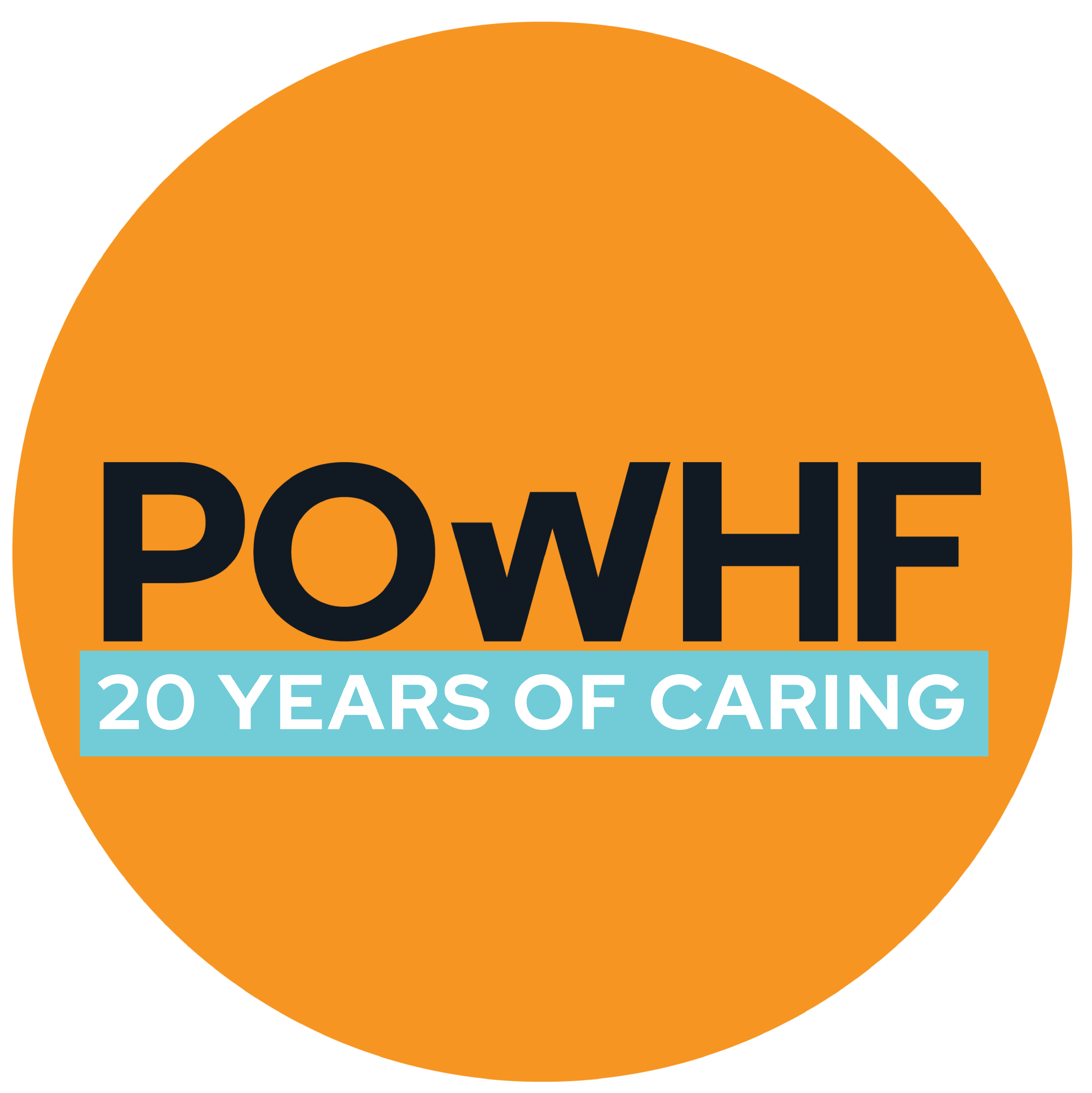HEAD AND NECK CANCER is the 7th most common cancer in Australia, with over 5,000 new cases being diagnosed each year. The impact of a Head and Neck Cancer diagnosis can be devastating, especially with late diagnosis. Long-term side effects of diagnosis and required treatment can include loss of voice, vision, hearing, taste and smell- as well as difficulty swallowing, inability to chew, chronic pain and numbness.
Early diagnosis is the key for cure and optimal long-term function. To expedite and improve Head and Neck Cancer diagnosis, the Prince of Wales Hospital Head and Neck Department has established the first rapid access screening clinic. This clinic will allow a streamlined service for patients at risk of Head and Neck Cancer to diagnose the disease at an early stage and allow for less invasive treatment with fewer side effects and better outcomes.
The Foundation funded a Translational Research and Head & Neck Cancer Fellowship to further expedite care through the Prince of Wales Hospital’s Head & Neck Cancer Rapid Access Clinic. The appointment of Dr Connor O’Meara involves implementation of novel strategies to expedite patient care, exploring integrated reconstruction techniques and researching novel therapies for treatment of Head & Neck Cancers- all aimed to improve treatment access, reduce the impact of disease morbidity and risk of mortality. Dr O’Meara overseas the further development of the Head & Neck Cancer Rapid Access Clinic, associated data acquisition and infrastructure streamlining, management and surgical treatment of Head & Neck Cancer patients (under the supervision of the Head & Neck Oncology Team) and the development of a streamlined reconstruction and rehabilitation service for these patients. Since inception, the Head & Neck Cancer Rapid Access Clinic has reviewed more than 12 patients within 3 weeks, completing operations on six patients and reducing the average period of referral to surgical intervention to eight days.
“We believe this research will more accurately kill cancer cells, improving patient survival, reducing side effects (like nausea and vomiting, renal failure, hearing loss and swallowing difficulty), and hopefully over time, a reduction in the necessity for high doses of radiotherapy” says Dr O’Meara.
However, Dr O’Meara’s work doesn’t stop here – he is also an integral part of a research collaboration identifying techniques to train the immune system to recognise cancer cells, while also identifying methods to directly deliver chemotherapy drugs to cancer cells.
Referrals for this clinic can be made via phone – 0499 099 874.


